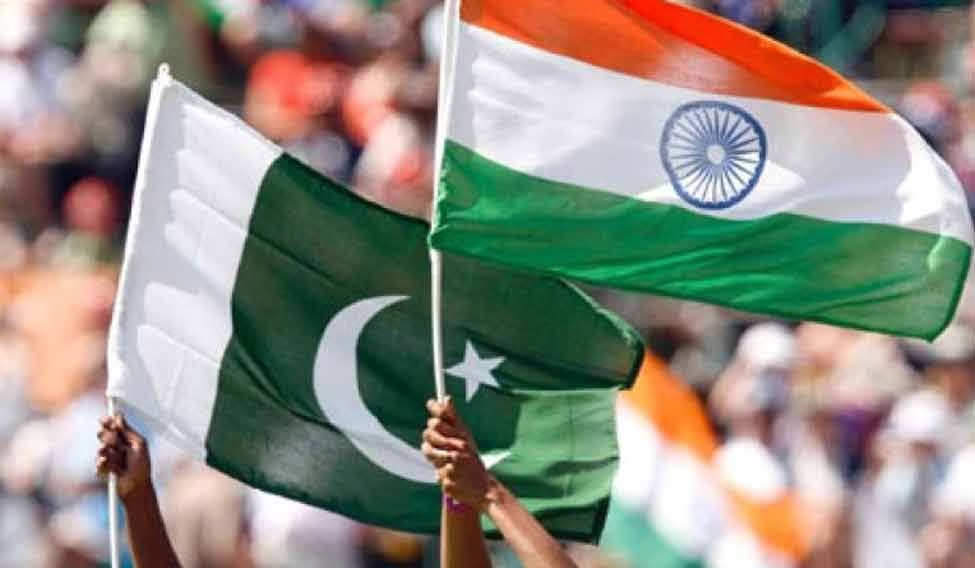Nyla Ali Khan
My book Sheikh Mohammad Abdullah’s Reflections on Kashmir (New York: Palgrave Macmillan, 2018) is a compendium of the speeches and interviews of Sheikh Mohammad Abdullah, who reigned as Prime Minister of the State of Jammu and Kashmir from 1948 to 1953, and who was a large presence on the political landscape of India for fifty years. The volume is designed to enable a student of South Asian politics, and the politics of Kashmir in particular, to analyze the ways in which experiences have been constructed historically and have changed overtime.
Here is an highly relevant excerpt from my book:
“Sheikh Mohammad Abdullah on Kashmir’s Welfare Dependent on Indo-Pak Amity
So far as the people of Kashmir are concerned, their future happiness and welfare are linked with the people of India and Pakistan, but, unfortunately, those two countries are a loggerheads with each other, and we have become a pawn in their hands. So long as the two governments are not able to resolve their disputes, our own safety is in jeopardy. It is, therefore, in our vital interest that these two countries should be on the best of terms with each other. We are firmly of the opinion that friendship between India and Pakistan is very essential for the happiness, prosperity, and well-being of their peoples. While, therefore, struggling for our right of self-determination, it becomes essential for Kashmir that we should strive hard to secure friendship between India and Pakistan. The main hurdle in the achievement of friendship between the two is the Kashmir dispute, and until it is settled, friendship between them would not appear to be attainable. Government leaders in India often lend themselves to making extraordinary statements on Kashmir form time to time, declaring that Kashmir is an integral part of India and reiterating this parrot like.

Indo-Pak Peace and Amity Essential
We should, therefore, deliberate on the matter before us with this background in our mind. Whatever solution may strike your mind, you shall have to test it with this yardstick—whether it will ensure Indo-Pak peace and harmony, and whether it can give peace to the 5-million people of this State. You cannot achieve peace if your objective is not to part with what you have got, unmindful of the fact that the attitude of possessiveness contributes to peace and conflict in the subcontinent. You do not then give first priority to peace but to hold on to what you have got in your possession by any means. It is because of this that I am making it incumbent on you to clearly fix your objective in your mind before you start deliberating upon the problem before you. If we are all agreed upon the objective, then I have no doubt in my mind that there will be no difficulty in finding a way out. But, if we are doubtful in our objective, then our deliberations will not yield any results.
Our Hallmark Objectivity
We can deliberate on this delicate problem objectively only if we keep our minds free from prejudice and hatred, no matter what injustices we may have suffered. We are a part of the subcontinent and we cannot run away from this geographical reality. Our future is, therefore, closely linked with the future of India and Pakistan. When President Nasser himself could say that the future of his country is largely linked politically with that of the subcontinent, we too are a part of it. Both India and Pakistan are our neighbors. We cannot, therefore, hate one and love the other. We, on the other hand, must realize that we are a limb of the same body, and our peace, prosperity, and freedom are largely dependent on the peace, prosperity, and freedom of our two great neighbors.
Unfortunately, our State has become a bone of contention between the two, and we are caught as if between two millstones. We want to extricate ourselves from this position, and this can only be achieved if our efforts are directed toward creating peace and harmony between India and Pakistan. In their friendship alone lies our salvation; and in their permanent enmity, our perpetual ruin. Therefore, if we visualize it as our main objective, then we cannot nurse feelings of hate either for the one or the other.”
The writer is the author of Sheikh Mohammed Abdullah’s Reflections on Kashmir as well as Fiction of Nationality in an Era of Transnationalism, Islam, Women, and Violence in Kashmir.

